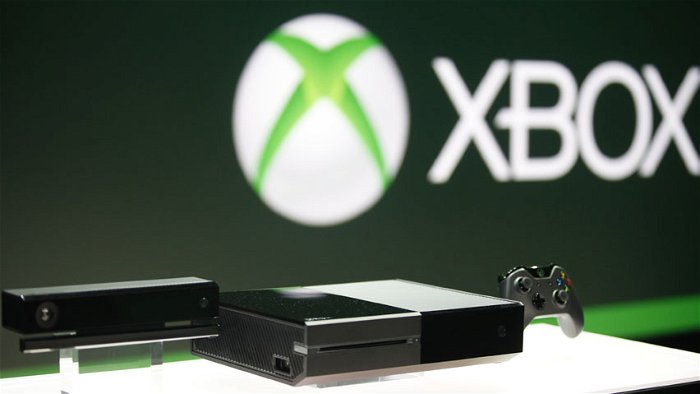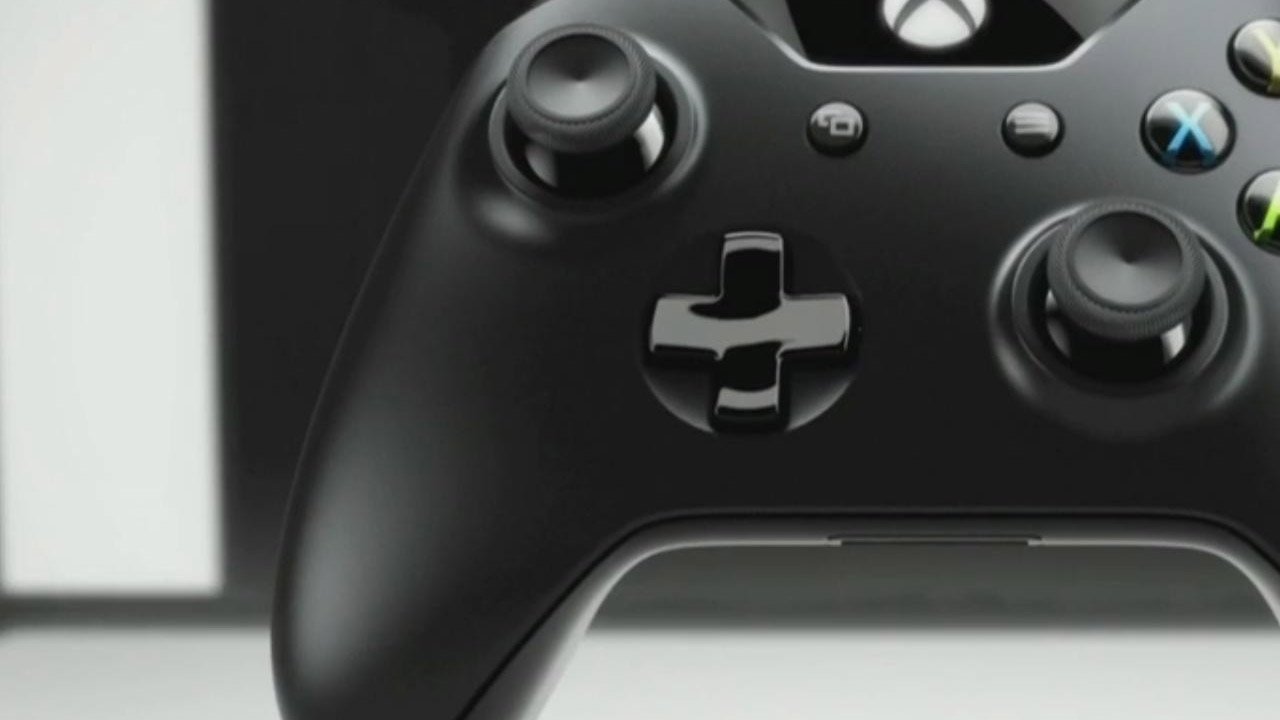It’s Not Gone, Just Waiting For A Comeback.
At this point, many people are cheering, high giving, and wiping their collective brows to utter a “Whew, we dodged that bullet,” in response to Microsoft’s stunning reversal of its DRM policies. The people were angry, and it showed enough in public response—and presumably pre-order numbers—that Don Mattrick had to issue a public cancellation of its plans in order to win back some fans, and calm the storm of investors who were likely screaming the background.
So the upshot of this is the gamers won. For now. I strongly doubt however, that this is a permanent retreat, and more likely just a reprieve before the policies—in some new way, shape or form—get slowly re-implemented back into the Xbox One.
The reason for this is very simple; Microsoft wanted this system in place in the worst way, and for weeks were aggressively pushing it. They didn’t renege on these plans because they experienced a last minute ABC Movie of the Week attack of conscience and wondered if they were legitimately doing right by their customers. They backed down because it became evident they couldn’t get away with it and profits would suffer. Microsoft—if their PR bluster at their E3 press conference can be believed—was in the process of investing vast amounts of cash for 300,000 servers dedicated to the cloud/online requirements of the Xbox One. It’s pretty doubtful that such a plan is being scrapped now because of consumer outrage.

What’s probably going to happen is that Microsoft now needs to lick its wounds for a while and get ready for Round 2 of DRM Control. The first time it failed because Microsoft either refused to believe its PR and advertising agencies about the public hostility to such policy, or else hired a staggeringly incompetent PR company that convinced them that their agenda—as it was—would be embraced by the public. Either way, it’s clear that someone at Microsoft was not expecting the public reaction and they had to hastily back down on nearly everything they’d proposed.
However, it’s going to be a different story in one year.
If the Xbox One sells in the USA in comparable numbers to its predecessor, then by the time Christmas 2014 rolls around, there will be a few million Xbox One owners, engaged and fully committed to the Xbox Live ecosystem, their achievements, accounts and friends all locked in place. They’ll be embedded in other words. If Microsoft were to gently “flip the switch” again at this point and slowly start re-introducing their policies, people would have little choice at this point but to accept it because they’d be too far committed to Xbox Live to back out. Some would out of principle, obviously, but most people, once there, would simply accept it, because changing at that point would be too troublesome. This is “Facebook Inertia” at work, where many people, even though they claim they dislike the service, are “forced” to maintain it, because their friends and relatives are there. They’ve spent so much time on Facebook that they don’t feel like undergoing the grief of abandoning all that effort and building up a profile on a new social service, regardless of how it may be better than Facebook in many regards. It’s like a drug; once you’re hooked, it’s easier to just keep going rather than try to quit and change.
What Microsoft needs to understand for Round Two is that it cannot simply dictate terms, as it did during the May 21
reveal of the Xbox One. They presented a system of control similar to Valve’s own Steam initiative, but they did it with NONE of the benefits. Gamers reacted badly to an announcement that was pure “stick” and no “carrot,” as would any consumer. In order for Microsoft to succeed, they need to either provide tangible consumer benefits, or else hire a fantastic PR agency that will couch the policies in less Draconian terms if Microsoft is adamant about providing no benefits. This is the only way that they are going to make their DRM policies not just accepted, but a hit with the gamers.




